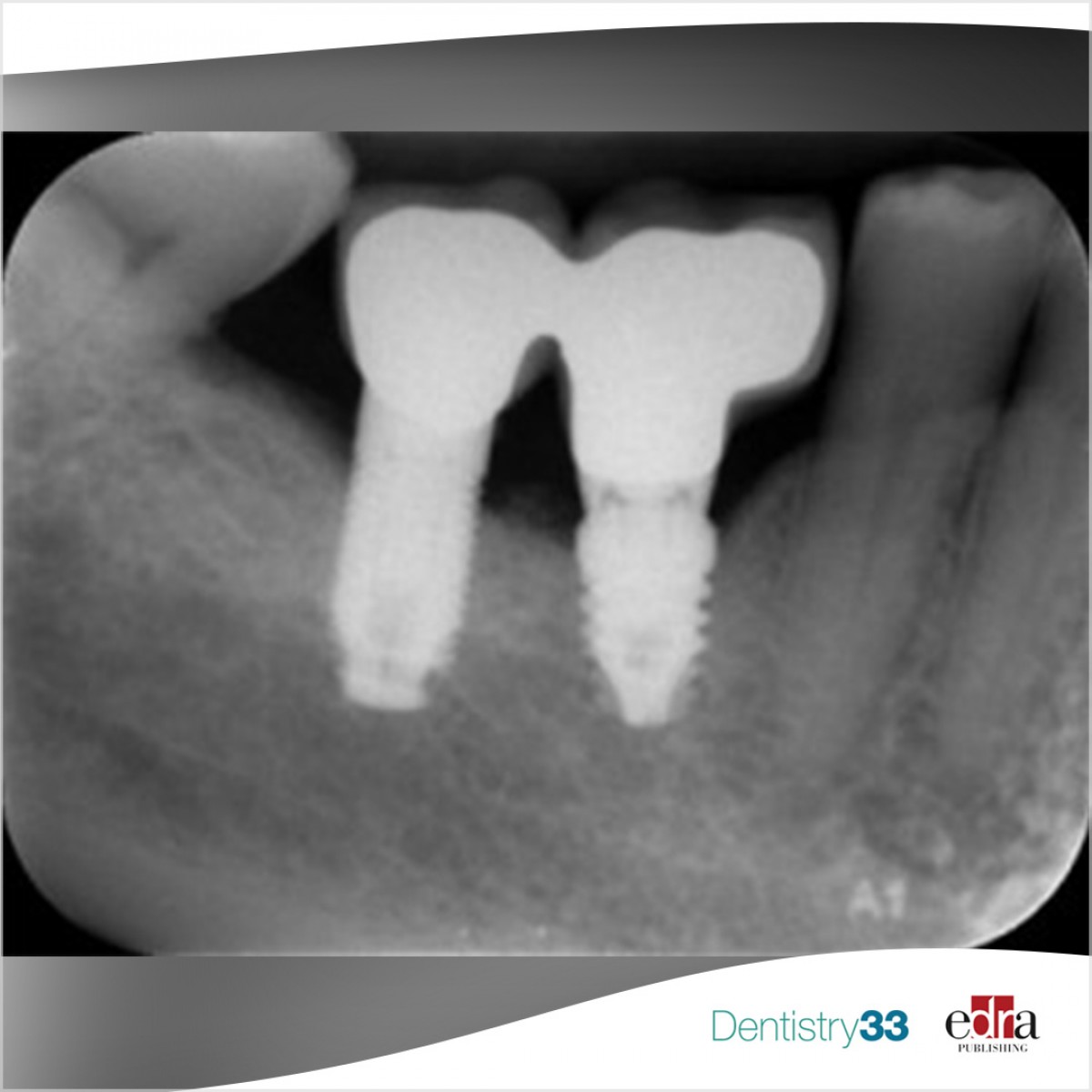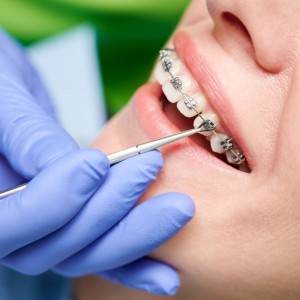
A systematic review on the use of antibiotics in implant therapy.
Edoardo Mancuso
Dental implant rehabilitation success is influenced by intraoperative or postoperative infections, which are recognized as a possible cause of osteointegration failure. Control of perioperative infections is, for this reason, believed to be a key factor for the success of the whole rehabilitation.
Antibiotic treatment could help control infections and prevent nefastus outcomes. Nevertheless, there is still no accordance on the antibiotic prophylaxis regimen and preoperative dosage to prevent failures or postoperative infections in healthy patients undergoing standard implant surgery.
Among the different prescribing habits, however, there is quite a concordance on the choice of antibiotic. Penicillin is considered by far the first-choice antibiotic prophylaxis in implant surgery.
To address this topic Dr. Cannullo and his team have conducted an interesting systematic review, published in the 2020th, with the aim to evaluate if an antibiotic prophylaxis regimen reduces early implant failure and postoperative infection in healthy patients undergoing implant surgery.
Material and methods
In the review, a systematic electronic database search was performed in different databases for randomized controlled trials. Studies between 1990 and 2019 were sought. The studies were included if the following criteria were met:
- Randomized clinical trials
- At least 20 patients included
- Antibiotic therapy clearly described
Results
Of the 338 records resulted from the initial search, 9 articles were included for data extraction and quantitative analysis. In these, 885 patients (1617 implants) received no antibiotics or placebo therapy before implant surgery. 1099 patients (1971 implants) received antibiotic therapy. The antibiotic therapy most widely used in the studies was 2 g of amoxicillin (single dose 1 hour preoperatively) before surgery.
Implant failures were reported for 71 implants in the placebo/no-antibiotic group and 23 implants in the antibiotic groups.
7.24% of implant failure at the patient level is reported in the no-antibiotics group and 1.82% for the antibiotics group. The authors reported a statistically significant reduction in the rate of early implant failure associated with the use of antibiotics.
Discussion
The systematic review indicates that antibiotic prophylaxis administrated preoperatively or postoperatively the implant therapy consent to prevent early implant failures.
In the discussion section, the article continues describing the antibiotic molecule that should be used. Penicillin is described as the first-choice treatment, and the addition of clavulanic acid to increase the antibiotic strength against bacterial resistance is addressed as controversial. In case of beta-lattamic allergy or intolerance, macrolides could be indicated.
Conclusions
The review concludes by indicating that the antibiotic prophylaxis administrated before or after the surgery prevents early implant failures in healthy patients.
It is important to note that antibiotics shouldn’t be prescribed lightly. Indeed, antibiotic resistance is one of the main risks to modern health care. Restrictive antibiotic policies and hygienic routines must be implemented to prevent further nosocomial dissemination of these resistant bacterial strains, and antibiotics should be used only when strictly necessary. This highlights the importance of carefully considering antibiotic prophylaxis prescribing policies.
For additional information: Consensus Report by the Italian Academy of Osseointegration on the Use of Antibiotics and Antiseptic Agents in Implant Surgery
 Related articles
Related articles
There are many reasons for dental implant failure, the development of bacteremia is concern for dentists.
Oral pathology 03 March 2023
Yes or no: antibiotics in the surgical treatment of mandibular osteomyelitis?
In a recent systematic review, published in January 2023 in Oral Surgery Oral Medicine Oral Pathology Oral Radiology, the authors investigated the need for antibiotic therapy after surgical treatment...
Restorative dentistry 07 February 2023
This article focuses on clinical manifestations patients may present with, treatment regimens and dental implications.
Dental materials 26 January 2023
UK dental professional bodies commit to preventing antimicrobial resistance
The College of General Dentistry, Association of Clinical Oral Microbiologists and Faculty of Dental Surgery of the Royal College of Surgeons of England, highlight the importance of working together...
Periodontology 03 June 2022
Periodontal disease is one of the most common chronic inflammatory diseases around the world. If untreated, it may lead to loss of tooth-bearing tissue, apical migration of the junctional epithelium,...
 Read more
Read more
A survey among orthodontists to assess clinical procedures of overweight screening and nutrition intervention among youth was conducted.
Editorials 23 January 2026
Indiana University School of Dentistry (IUSD) has a long history of producing qualified dental hygienists, and this year was no different.
Products 23 January 2026
Buffalo Dental Manufacturing (BDM), a leading dental company with the industry’s widest range of handpieces, lab products, lab equipment, and vacuum forming materials and accessories, recently...
News 23 January 2026
COCOLAB, the cult-favorite oral wellness brand founded by sisters Dr. Chrystle Cu and Catherine Cu, is expanding its national retail presence with a new in-store rollout at Target.
News 23 January 2026
JW Practice Advisory announced today that Dave Dahler has joined the firm as Co-Managing Partner, alongside founder John Wlodarek, marking a significant milestone in the firm’s continued national...















